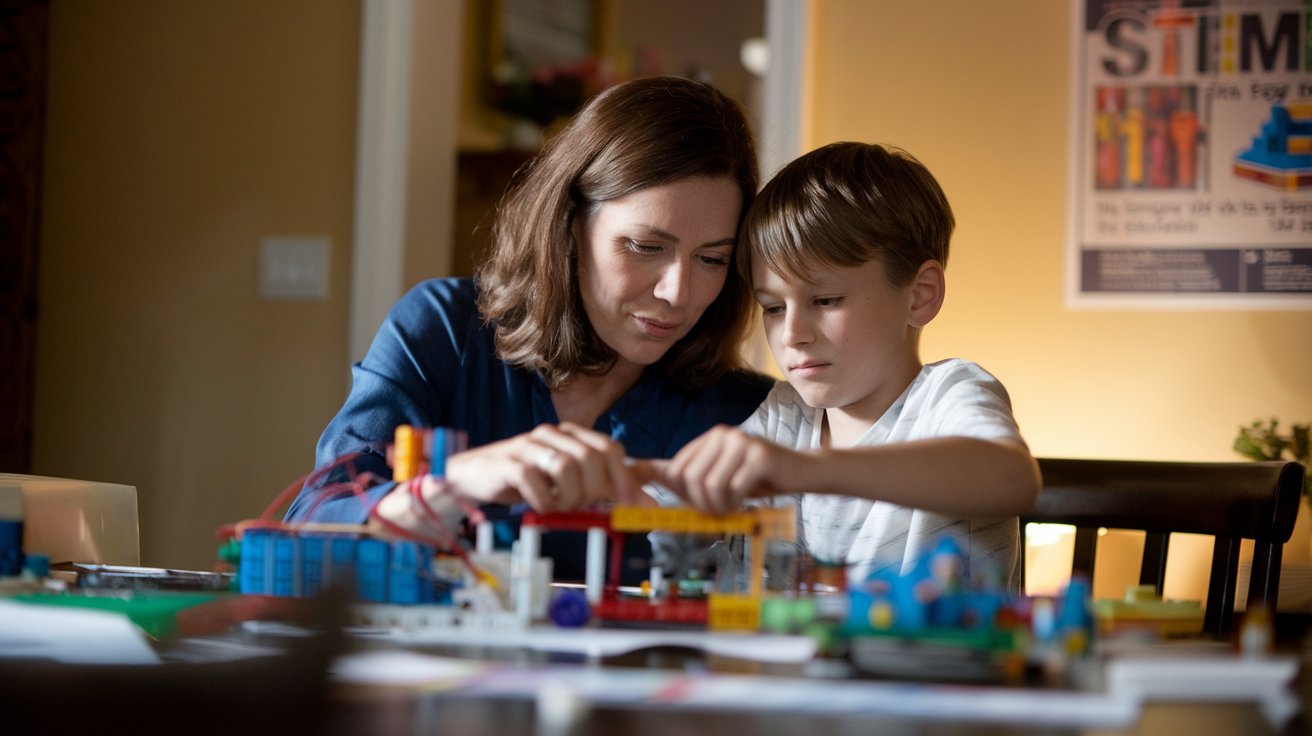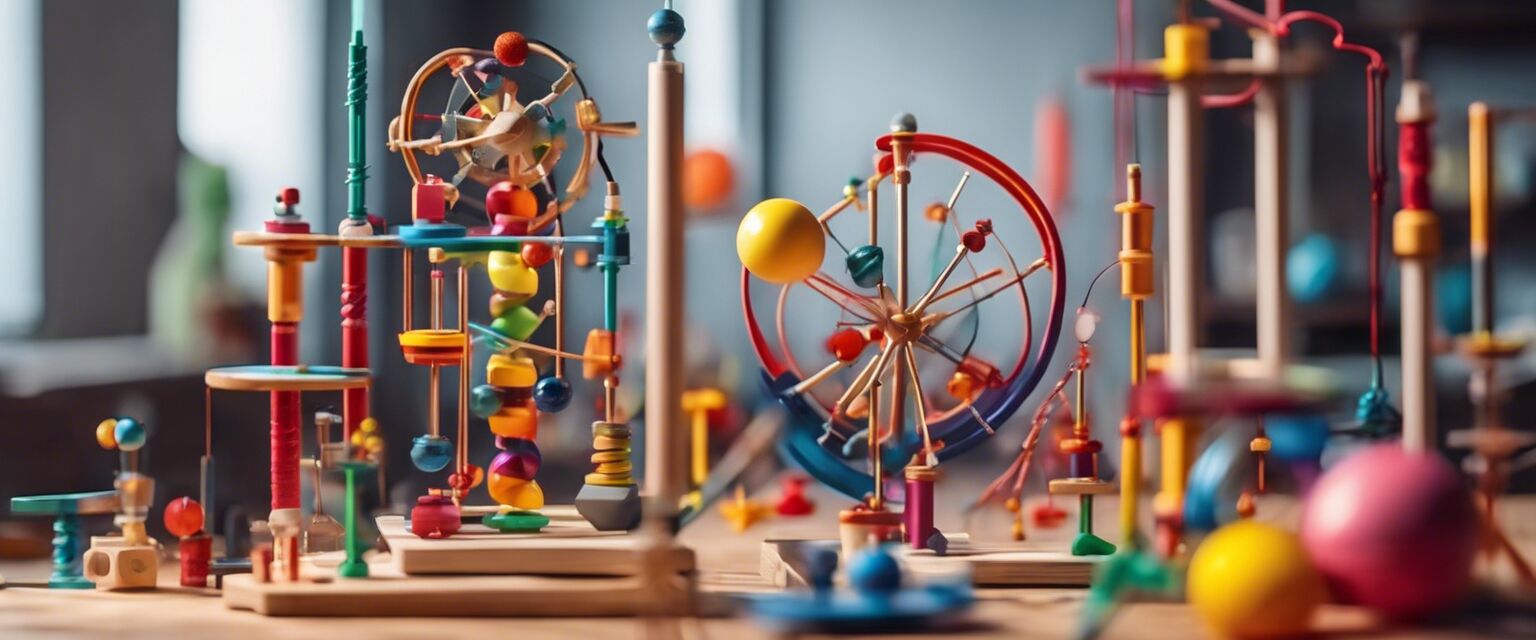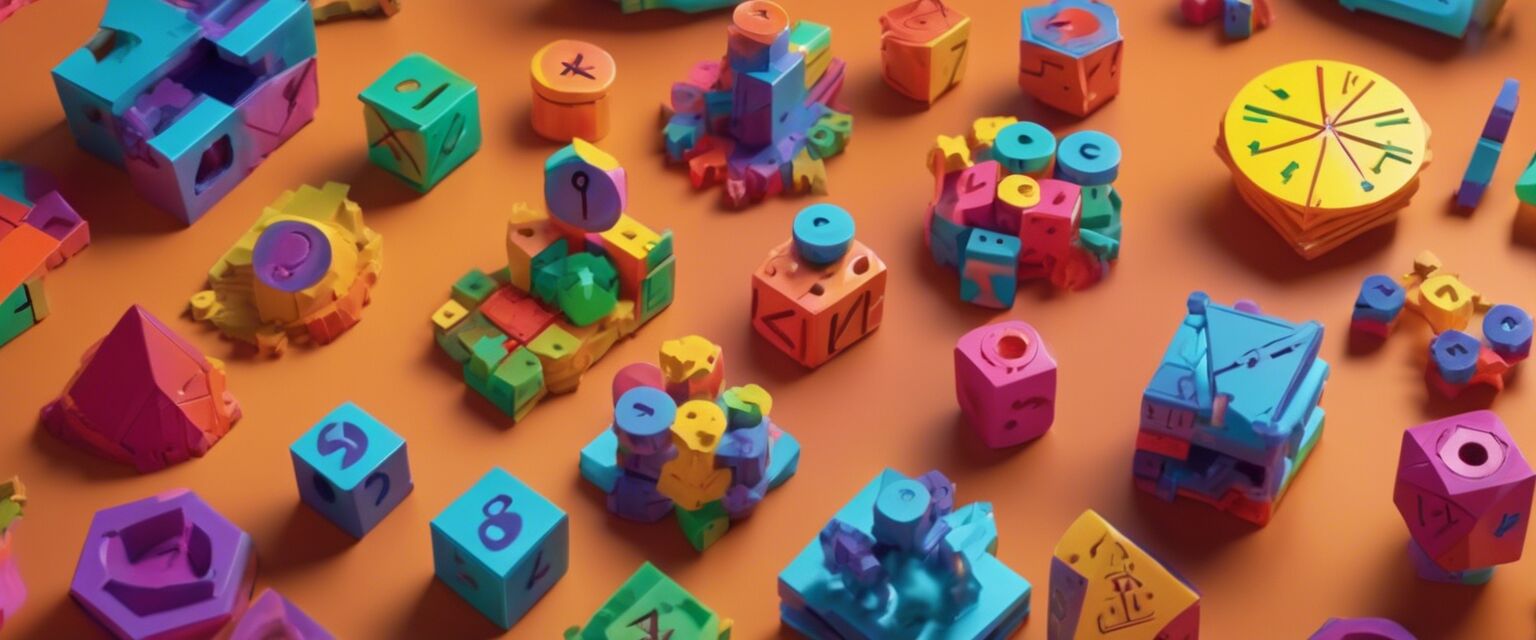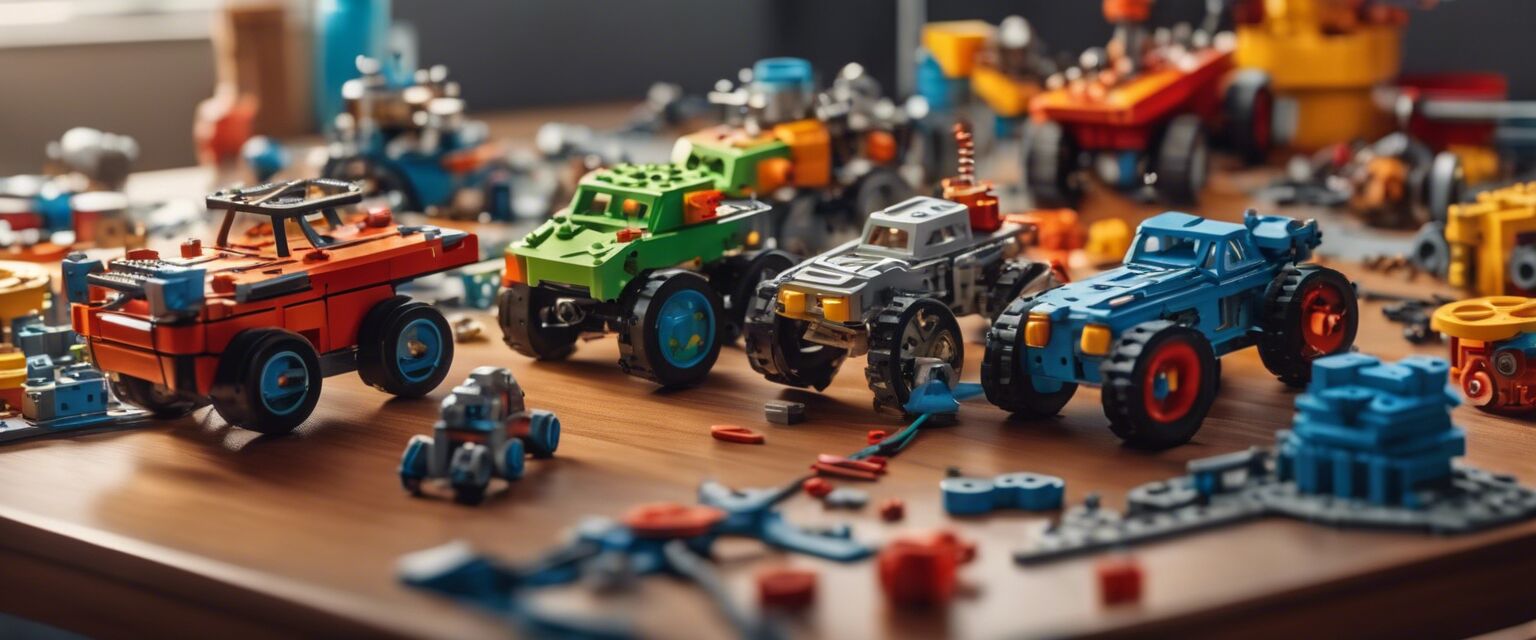
Science kits for kids
Key Takeaways
- Science kits encourage hands-on learning and curiosity in young minds.
- They cover various fields including chemistry, biology, and physics.
- Choosing the right kit depends on the child's age and interests.
- Safety is paramount, so look for age-appropriate kits that meet safety standards.
Science kits provide an exciting way for children to explore the world of science through hands-on experiments and engaging activities. These kits not only help in developing critical thinking but also nurture a love for learning. In this comprehensive guide, we will explore different science kits available in the market, their benefits, and tips for selecting the right one for your child.
Why science kits?
Science kits are designed to spark curiosity and interest in various scientific fields. They allow children to conduct experiments safely under supervision and learn through exploration. Here are some reasons why science kits are beneficial:
- Hands-on Learning: Children learn better when they can see and touch the materials.
- Encouragement of Critical Thinking: Experimentation fosters problem-solving skills.
- Fun and Engaging: Kids often find science kits enjoyable, making learning less intimidating.
- Variety of Topics: Kits cover a range of topics from chemistry to robotics.
Types of science kits
Science kits come in various forms, catering to different interests and age groups. Here are some common types:
| Type of Kit | Description |
|---|---|
| Chemistry Sets | Introduce kids to basic chemical reactions with safe experiments. |
| Biology Kits | Explore living organisms, ecosystems, and biology principles. |
| Physics Kits | Teach children about forces, motion, and energy through experiments. |
| Robotics Kits | Encourage coding and engineering skills through building robots. |
| Earth Science Kits | Explore geology, meteorology, and environmental science. |
Choosing the right science kit
When selecting a science kit, consider the following factors:
Age appropriateness
Ensure the kit is suitable for your child's age group. Kits often have age recommendations that indicate the complexity and safety of the materials used.
Interests and educational focus
Consider your childâs interests. If they are fascinated by space, look for kits related to astronomy. If they enjoy building, a robotics kit may be ideal.
Safety standards
Always check that the kit meets safety standards. Look for labels indicating it is non-toxic and suitable for children.
Benefits of science kits
Science kits offer numerous advantages for childrenâs development:
- Encourages Exploration: Kids are motivated to ask questions and seek out answers.
- Builds Confidence: Completing experiments can boost a child's self-esteem.
- Improves Fine Motor Skills: Many kits require precise actions, enhancing dexterity.
- Fosters Teamwork: Science kits can be a great group activity, promoting collaboration.
Popular science kits
Here are some popular categories of science kits that can aid in educational development:
Safety tips for using science kits
While science kits are designed with safety in mind, here are some additional safety tips to consider:
- Always supervise children during experiments.
- Read the instructions thoroughly before starting.
- Wear safety goggles and gloves when necessary.
- Keep materials away from small siblings or pets.
Conclusion
Science kits are an amazing way to ignite a passion for learning in children. By selecting the right kit, you can provide your child with an enriching experience that promotes curiosity and exploration. Whether they are building robots or conducting chemistry experiments, science kits can lay the foundation for a lifelong love of science.
Tips for beginners
- Start with simple kits to build confidence.
- Incorporate discussions about what they learned after each experiment.
- Encourage them to think of their own experiments to try.
- Visit local science museums or events to enhance their learning experience.
Pros
- Encourages independent learning.
- Variety of topics to choose from.
- Can be used for group activities.
- Promotes creativity and innovation.
Cons
- Some kits may require adult supervision.
- Initial cost can be high for advanced kits.
- Complex kits may frustrate younger children.
- Materials may not always be reusable.
Further reading
For more information on specific types of science kits, check out these pages:
- Science Experiment Kits
- Art & Creativity Kits with STEM Focus
- Scientific Books and Learning Tools
- Technology Gadgets
- Engineering Building Sets















